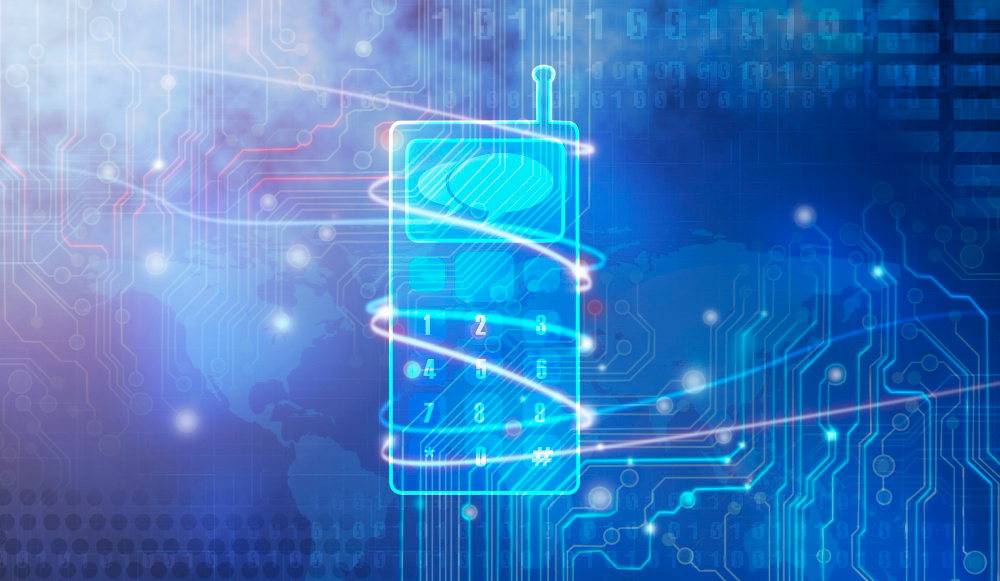In the ever-evolving digital landscape, new terms and technologies emerge frequently. One such term that has piqued curiosity is “eporer.” While it may not be a widely recognized word yet, it could represent a concept, tool, or trend worth exploring. In this comprehensive blog post, we will delve into the possible meanings of eporer, its applications, and why it might be relevant in today’s world.
Whether eporer is a misspelling of a known term (like “explorer”) or an entirely new concept, this guide will cover all possible angles. By the end of this article, you’ll have a clear understanding of what eporer could signify and how it might impact different industries.
What Is Eporer? Unraveling the Mystery
1. Possible Meanings of Eporer
Since “eporer” is not a standard English word, we must consider different interpretations:
- Typographical Error: It could be a misspelling of “explorer,” referring to someone who explores or a software/file explorer.
- Brand or Product Name: Some companies create unique names for their products—Eporer might be a brand in tech, travel, or another industry.
- Acronym: It might stand for something like “Electronic Portal for Online Research and Exploration.”
- Foreign or Fictional Term: It could originate from another language or even be a term from literature, gaming, or sci-fi.
For the sake of this article, we’ll explore eporer as a potential new concept in technology and digital exploration.
2. Eporer as a Digital Exploration Tool
If we consider eporer as a digital tool (similar to a web explorer or file explorer), it could function as:
- A next-generation web browser with AI-driven search capabilities.
- A data exploration software for businesses analyzing large datasets.
- A virtual reality (VR) exploration tool for navigating digital worlds.
This interpretation makes eporer an exciting prospect in the tech world.
Why Eporer Could Be the Future of Digital Navigation
1. Enhanced Search and Discovery
Traditional search engines and file explorers have limitations. An eporer system could integrate:
- AI-powered suggestions (like ChatGPT but for browsing).
- Visual search capabilities (identifying objects in images/videos).
- Semantic understanding (finding results based on meaning, not just keywords).
2. Business and Data Applications
Companies deal with massive amounts of data. An eporer platform could help by:
- Automating data sorting with machine learning.
- Providing real-time analytics dashboards.
- Enhancing cybersecurity by detecting anomalies in file systems.
3. Virtual and Augmented Reality Integration
With the rise of the metaverse, an eporer could serve as a navigation tool for:
- VR environments (exploring digital cities, museums, or workspaces).
- AR-assisted travel (real-time translations, location-based info).
How Eporer Compares to Existing Technologies
| Feature | Traditional Explorer (e.g., File Explorer) | Potential Eporer System |
| Search Method | Keyword-based | AI-driven, contextual |
| User Interface | Basic folders & files | Interactive 3D/VR |
| Automation | Manual sorting | Smart categorization |
| Security | Basic permissions | AI threat detection |
| Integration | Limited to OS | Cross-platform (cloud, IoT, VR) |
This comparison shows how an eporer system could revolutionize digital navigation.
Industries That Could Benefit from Eporer
1. E-Commerce
- Smart product discovery (AI recommends items based on browsing habits).
- Virtual store navigation (like a 3D Amazon powered by eporer).
2. Healthcare
- Medical data exploration (quick access to patient records with AI summaries).
- VR surgical training (navigating 3D anatomy models).
3. Education
- Interactive learning modules (students “explore” historical events in VR).
- AI research assistant (eporer helps find academic papers faster).
4. Cybersecurity
- Threat detection (AI explores network vulnerabilities in real-time).
Challenges and Considerations
While eporer sounds promising, potential challenges include:
- Privacy concerns (AI-driven explorers may collect extensive user data).
- High computational power needed (for VR and AI processing).
- Adoption barriers (businesses may resist switching from traditional systems).
Final Thoughts: Is Eporer the Next Big Thing?
The concept of eporer, whether as a futuristic digital explorer or an AI-enhanced navigation tool, holds immense potential. As technology advances, we may see tools like this redefine how we interact with data, the internet, and virtual worlds.
If eporer is indeed an emerging technology, staying informed about its developments could be crucial for tech enthusiasts, businesses, and innovators.
FAQ About Eporer
Q: Is eporer a real word?
A: Currently, “eporer” is not a recognized English word, but it could be a new term in tech or a misspelling of “explorer.”
Q: How is eporer different from a search engine?
A: If it exists as a concept, eporer would likely integrate AI, VR, and advanced data sorting beyond traditional search engines.
Q: Can I use eporer now?
A: Since it’s not yet a mainstream tool, you may need to look for similar AI-based explorers or wait for future developments.
Conclusion
While eporer remains a speculative term today, its potential applications in AI, VR, and data exploration make it a fascinating topic. Whether it becomes the next big tech innovation or remains a curious typo, the idea of an advanced digital explorer is worth watching.
Would you use an eporer-style tool? Let us know in the comments! | Cinezone









